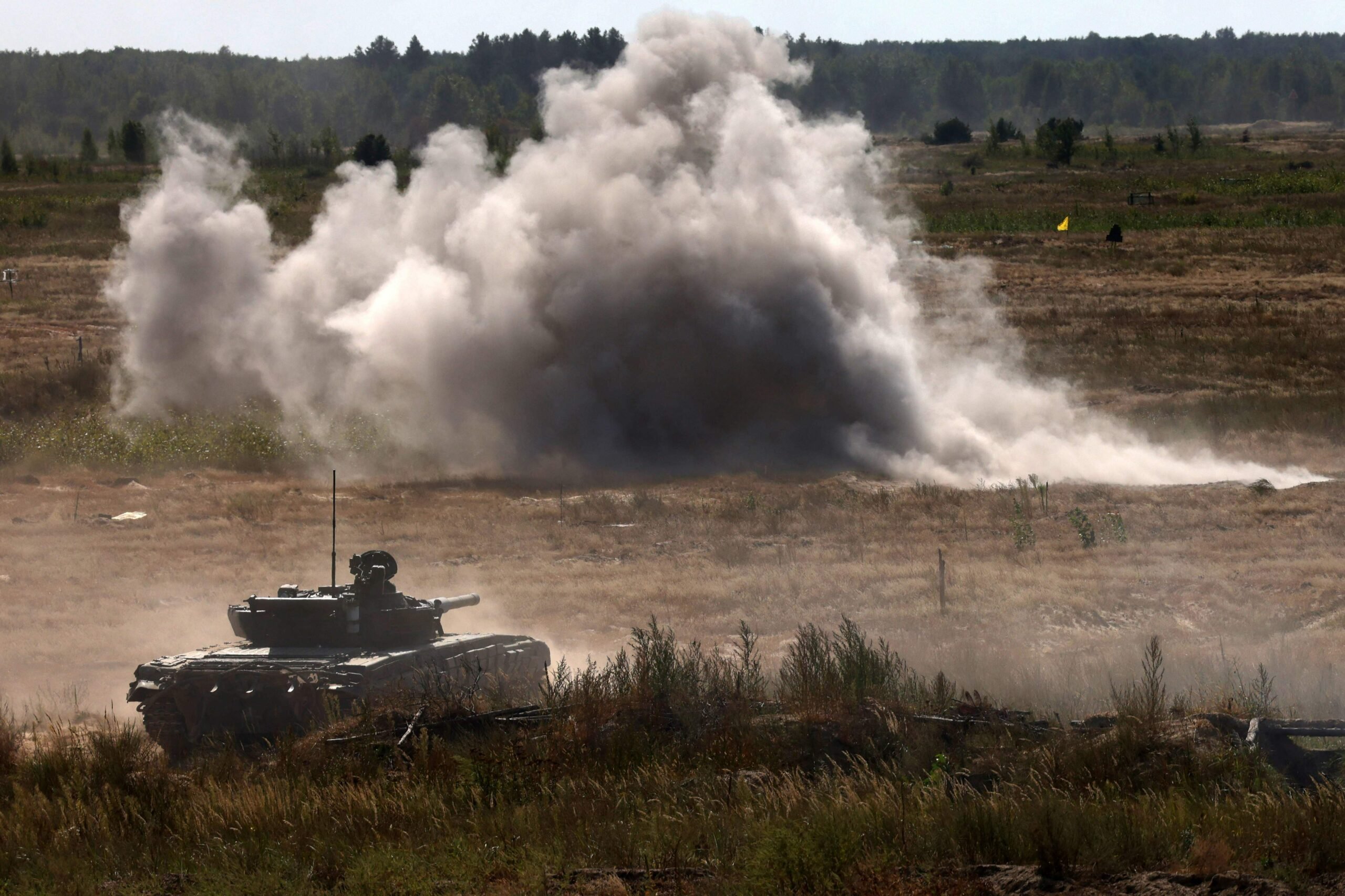The court recognized that pregnancy is not a reason for evading service during the military military service
“Kommersant” became aware of the first verdict against a female servicewoman who disappeared from a military unit during the period of mobilization and combat operations. The draft dodger was sentenced to six years in a general regime colony, but she is unlikely to go to jail, since she received a deferment of execution until 2032, when her child turns 14 years old. Plus she's pregnant.
The Judicial Collegium for Criminal Cases of the Southern District Military Court upheld the sentence of Corporal Madina Kabaleva, a native of the Kabardino-Balkarian Republic. The Vladikavkaz Garrison Military Court found her guilty of committing crimes under Part 5 and Part 3.1 of Art. 337 of the Criminal Code of the Russian Federation (failure to appear for service without good reason during the period of mobilization, conditions of armed conflict or combat operations). The woman faced seven to ten years on the charges.
It was noted that Madina Kabaloeva, even before the initiation of a criminal case by the Investigative Committee, applied to the medical company of her military unit, where she received a recommendation for temporary exemption from military service due to pregnancy, as well as the presence of a child born in 2018. However, the very fact of failure to appear before the leadership of the military unit led to criminal prosecution of Ms. Kabaloeva.
According to Kommersant, in the Vladikavkaz GVS, the woman admitted the fact of failure to appear at the command, but justified this by the presence of a medical certificate, allegedly giving her temporary exemption from service. At the same time, the defendant said that she was confident that the information from the medical service would be conveyed to her superiors and that there would be no complaints against her.
However, the military prosecutor did not accept these arguments, asking for a guilty verdict against Corporal Kabaloeva.
Justifying this requirement, a representative of the supervisory agency indicated that the defendant did not leave military service due to pregnancy, but, on the contrary, continued to receive the required allowance and enjoy the available benefits.
This means that she remained a serviceman, and therefore must be punished for failure to report to her company after the announcement of partial mobilization during the period of the SVO. Therefore, to the original charge under Part 5 of Art. 337 of the Criminal Code of the Russian Federation, the military prosecutor asked to add part 3.1 of the same article.
The court of first instance agreed with the prosecutor, assigning Corporal Kabaloeva six years in a general regime colony. But since the defendant has a minor child, her execution was postponed until 2032.
Despite the lenient sentence, lawyer Roman Rabadanov decided to appeal it in the Southern District Military Court. In the complaint, the defense attorney indicated that he considered the court decision illegal “due to significant violations of criminal and criminal procedural legislation.” The lawyer asked him to cancel it and send the criminal case for a new trial. As noted in the appeal ruling, in support of the complaint, “the lawyer cited his own analysis of the criminal and criminal procedural laws, indicating that the description of criminal acts in the verdict contradicts the circumstances established during the trial.” Thus, according to the defense lawyer, the court of first instance did not take into account that Madina Kabaloeva’s absence from military service was due to valid reasons, which “must be attributed to a combination of difficult circumstances”,
At the same time, Mr. Rabadanov noted that the verdict “gave an incorrect assessment of the evidence: thus, the court did not take into account that the company commander and other servicemen of the military unit, interrogated as witnesses, were interested in the outcome of the criminal case.”
The state prosecutor in the appellate instance of the district court asked not to accept these arguments, leaving the verdict of the first instance court unchanged. As a result, the judges of the Southern District Military Court agreed with the representative of the supervisory agency. At the same time, in the ruling of the appellate court, it was noted that the punishment of serviceman Kabaloeva was imposed “taking into account the nature and degree of public danger of the acts she committed and the personality of the convicted person, including circumstances mitigating the punishment.” It was also said that the garrison court “duly took into account” the presence of a dependent young child and her pregnancy, imposing “a punishment close to the minimum.” At the same time, the suspension of execution of the sentence was applied to her quite correctly.
Mr. Rabadanov did not comment on the results of the trial to Kommersant, citing legal ethics. But he noted that his client “reluctantly agreed to appeal the verdict of the garrison court.”








